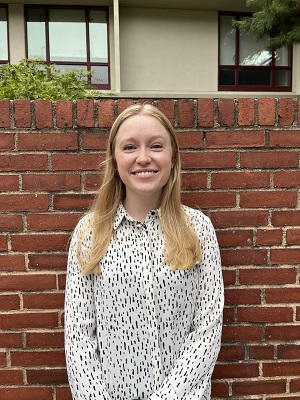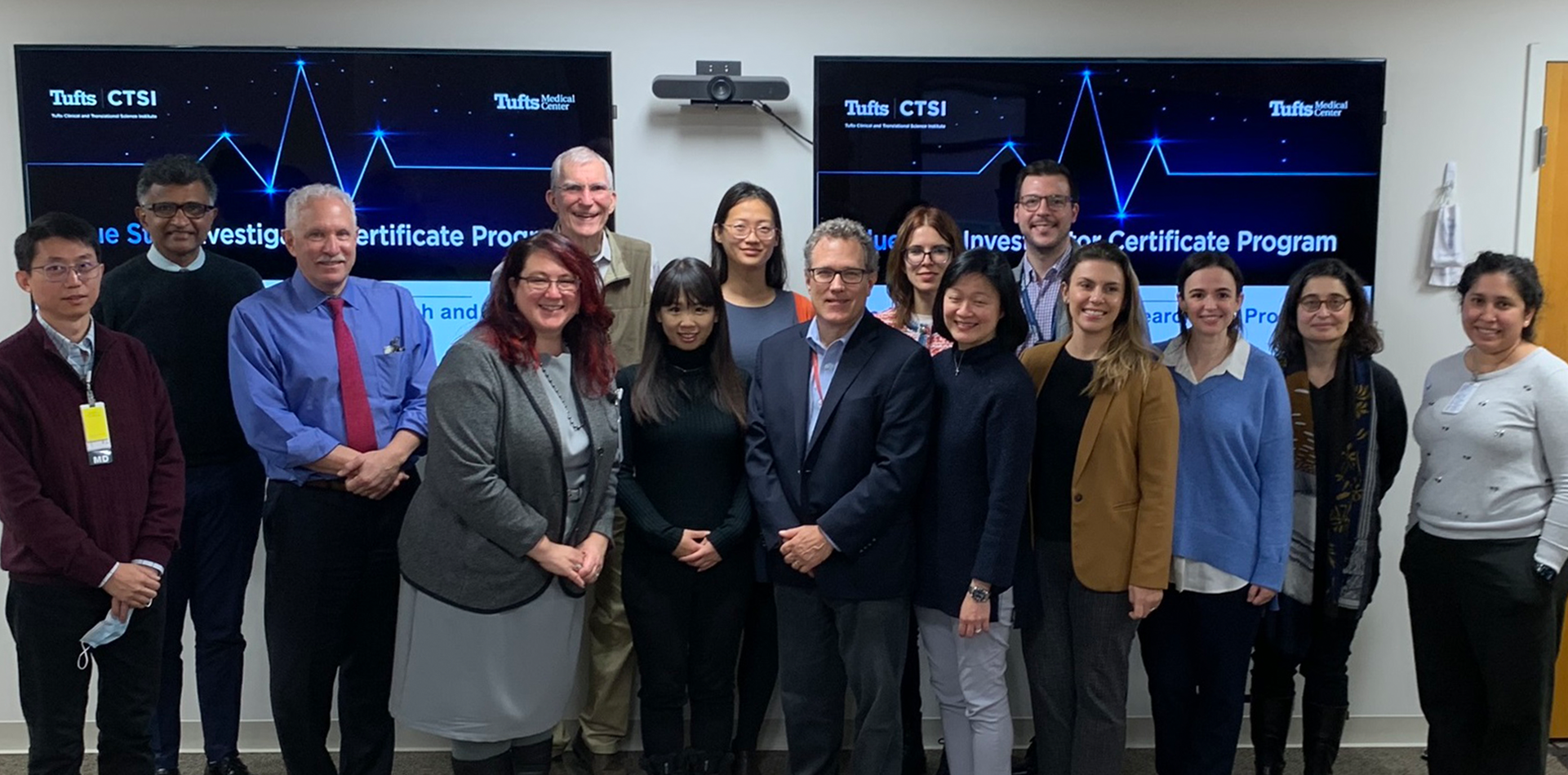Institutional and Regulatory Approvals
Project start and release of funds are contingent upon receipt of all necessary local institutional and regulatory approvals. While such approvals are not required at the time of proposal submission, award recipients will be expected to initiate the approval application process no later than upon receiving their notice of award. If applicable, proof of exempt status determination must be obtained. All applicable local regulatory approvals and/or determination letters must be received by no later than April 2025.
NCATS Prior Approval Requirements
In addition to receiving local regulatory approvals, projects involving human and/or animal subjects as well as projects that involve a foreign component, as defined by NIH, are required to seek and receive NCATS prior authorization. To ensure all requirements are met by the award start date, applicants and award recipients are strongly encouraged to carefully review the NCATS guidelines to ensure their prior approval requests are complete and discuss any potential concerns with Tufts CTSI S-GATS Program staff ahead of time.
- Research Involving Human Subjects and/or Human Cell Lines and Tissue Repositories: Projects involving human subjects are required to comply with requirements for the NCATS Human Subject Research Prior Approval. Specifically, award recipients conducting human subjects research, including research that is otherwise exempt under Title 45 Part 46 of the Code of Federal Regulations, will be required to submit their IRB approvals and any applicable NCATS-required documentation to Tufts CTSI before their projects can begin. Additionally, those whose research is deemed to be greater than minimal risk or meet the criteria for an NIH-defined clinical trial may not begin their projects until NCATS official prior approval for their projects is received. Generally, the NCATS human subjects research prior approval process takes a minimum of 30 days. However, if a request is returned for any reason and if approval is sought for a clinical trial, the turnaround time by NCATS may take longer. Note: Human subjects research projects involving a foreign component require a separate prior approval and must receive that approval from NCATS before they are submitted for prior approval to conduct human subjects research.
- Research Involving Animal Subjects: Projects involving animal subjects are required to comply with requirements for the NCATS Prior Approval for Planned Research Involving Live Vertebrate Animals. These requirements apply to work involving animals obtained or euthanized for tissue harvest and/or generation of custom antibodies. Research projects carried out at more than one site are required to provide a description of activities involving the care and use of animals for each site. This rule applies to both Tufts CTSI- and non-Tufts CTSI-affiliated organizations subcontracted by award recipients. Generally, the animal subjects NCATS prior approval process takes a minimum of 30 days.
- Non-human and Non-animal Subjects Research: Projects that neither involve human nor animal subjects are not required to seek NCATS prior approval. However, if requested, award recipients will be required to provide proof of exclusion status determination issued by the IRB and/or IACUC.
- Research Involving a Foreign Component: Projects involving a foreign component, as defined by NIH, are required to adhere to the NIH Grants Policy Statement. This requirement applies to all projects regardless of the amount of funds to be expended to support elements or segments of the project outside the United States, either by the award recipient or by a researcher employed by a foreign organization. The prior approval process will involve a primary review by NCATS, and, unless rejected by NCATS, a secondary review through the NIH Fogarty International Center and/or U.S. Department of State. Due to the requirements for a multi-step review and oversight, award recipients proposing research involving a foreign component should anticipate the process to take up to two to three months, possibly resulting in rejection of their request.
Ongoing Research Support and Progress Tracking
Prior to project launch, award recipients will be assigned a support team that will provide on-going scientific and logistical support and help address roadblocks that may arise. The support teams will be co-led by the Tufts CTSI S-GATS Program, Research Collaboration Team, and Research Process Improvement faculty and staff. Additional Tufts CTSI service providers, including, but not limited to, biostatisticians, recruitment and retention specialists, and informatics experts, may be involved on an as-needed basis. Award recipients will be expected to collaborate with their support teams by providing progress updates, presenting future plans for publication/results dissemination and subsequent grant submission based upon findings, and discussing any challenges they may face during project implementation. At month 15-to-18 post-award, each research team will be required to make a presentation on its S-GATS project at a meeting open to the broader scientific community (e.g., Tufts CTSI Translational Science Day).
Reporting and Long-Term Outcomes Tracking
Award recipients will be required to submit an interim report, a final report, and a final invention statement and certification form (HHS 568). Tufts CTSI will provide report templates to be completed. Form HHS and its instructions are available here. The final report and the HHS 568 forms will be due within 90 days following the expiration or termination date of the award.
In addition, award recipients will be required to report study outcomes annually using an online tool for at least five years after the funding ends. Outcomes to be reported will include, but may not be limited to, professional presentations, published manuscripts, subsequent funding applications and awards, research products and associated intellectual property protections, and activities to implement findings into clinical care or public health. Award recipient’s failure to complete annual reporting may preclude future Tufts CTSI funding to the award recipient and their organization, school, or department.
Citation Requirements
All publications, projects, posters, patents, trademarks, or other tangible outcomes resulting from Tufts CTSI’s funding and services must acknowledge Tufts CTSI’s NIH CTSA award (UM1TR004398) and comply with the NIH Public Access Policy. Tufts CTSI relies on these citations as a critical performance measure when reporting annual productivity to NCATS. Detailed guidelines for citations are available here.
Post-Award Dissemination and Implementation Support
Tufts CTSI will provide access to dissemination and implementation resources and services to help disseminate and/or implement a projects’ outcomes and results to help close the gap between research discovery and application in healthcare delivery. Award recipients may request such support at any point during the award period.
Additionally, Tufts CTSI will make funding available for journal fees, including publication processing and open access charges. Award recipients may request such support once a manuscript has been accepted for publication in a peer-reviewed journal. It will be made available for each research team for two years after the project end date, provided they comply with the NIH Public Access Policy and appropriately acknowledge Tufts CTSI’s NIH CTSA award. Such support will be limited to two eligible publications per research project. To maximize the impact and visibility of research findings, Tufts CTSI may offer funding to support dissemination of study results in comparable open access platforms.
Future Review Commitment
If invited, award recipients will be expected to serve as scientific peer-reviewers for the Tufts CTSI S-GATS Program and/or similar programs at collaborating hubs that are part of the CTSA External Reviewer Consortium II (Boston University CTSI, Clinical and Translational Science Collaborative at Case Western Reserve University, CTSI at Children’s National, Duke CTSI, Indiana CTSI, Penn State CTSI, UCLA CTSI, University at Buffalo CTSI, and University of Kentucky Center for Clinical and Translational Science).
Questions?
We are here to help. Please contact us at sgats@tuftsmedicine.org.



